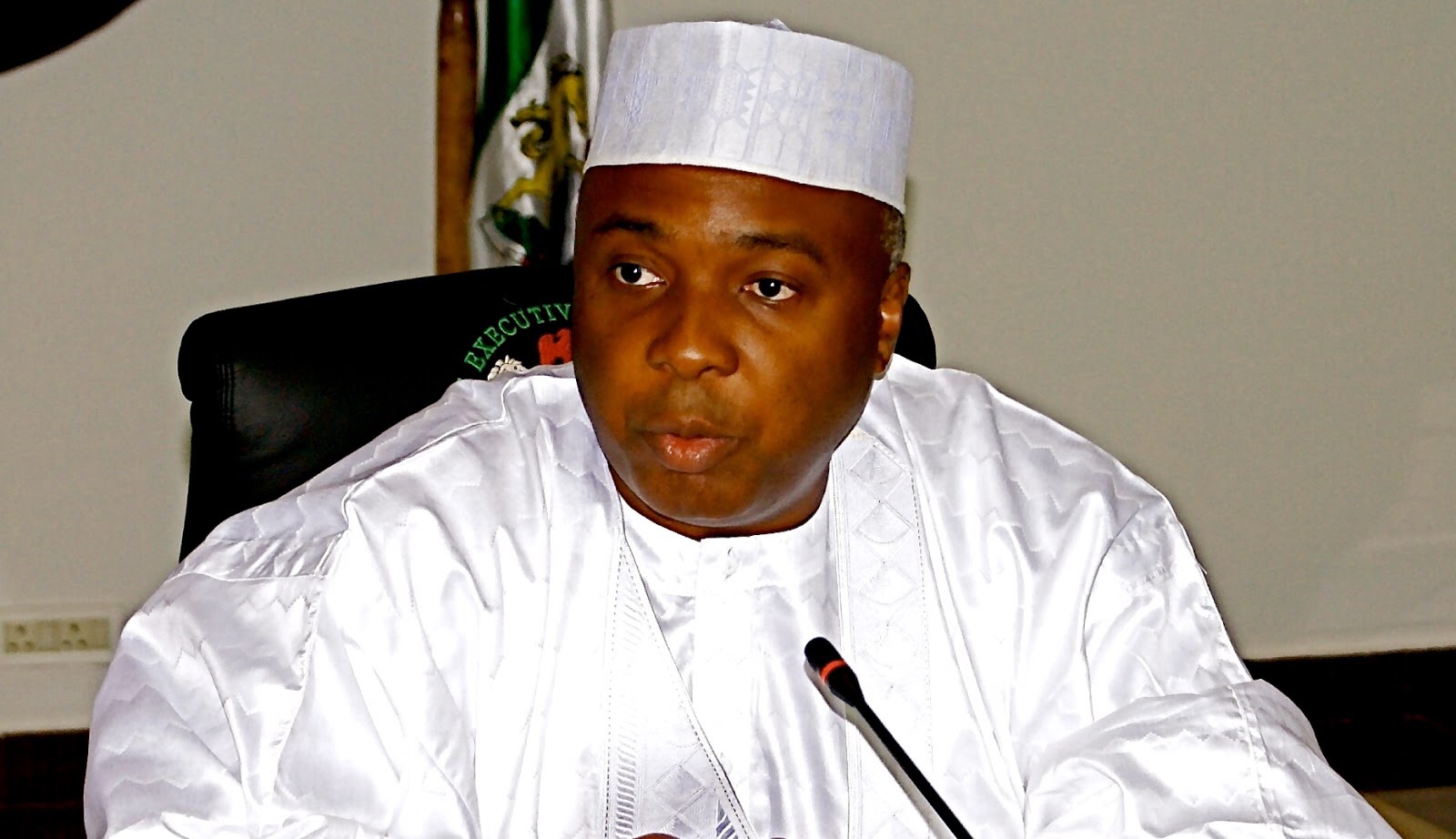In a recent report by the International Monetary Fund (IMF), Sub-Saharan Africa emerges as a pivotal player in the global market for critical minerals.
The IMF forecasts a significant uptick in the production of essential minerals like nickel, cobalt, and lithium in the region by the year 2050.
According to the report titled ‘Harnessing Sub-Saharan Africa’s Critical Mineral Wealth,’ Sub-Saharan Africa stands to double its nickel production, triple its cobalt output, and witness a tenfold increase in lithium extraction over the next three decades.
This surge is attributed to the global transition towards clean energy, which is driving the demand for these minerals used in electric vehicles, solar panels, and other renewable energy technologies.
The IMF projects that the revenues generated from the extraction of key minerals, including copper, nickel, cobalt, and lithium, could exceed $16 trillion over the next 25 years.
Sub-Saharan Africa is expected to capture over 10 percent of these revenues, potentially leading to a GDP increase of 12 percent or more by 2050.
The report underscores the transformative potential of this mineral wealth, emphasizing that if managed effectively, it could catalyze economic growth and development across the region.
With Sub-Saharan Africa holding about 30 percent of the world’s proven critical mineral reserves, the IMF highlights the opportunity for the region to become a major player in the global supply chain for these essential resources.
Key countries in Sub-Saharan Africa are already significant contributors to global mineral production. For instance, the Democratic Republic of Congo (DRC) accounts for over 70 percent of global cobalt output and approximately half of the world’s proven reserves.
Other countries like South Africa, Gabon, Ghana, Zimbabwe, and Mali also possess significant reserves of critical minerals.
However, the report also raises concerns about the need for local processing of these minerals to capture more value and create higher-skilled jobs within the region.
While raw mineral exports contribute to revenue, processing these minerals locally could significantly increase their value and contribute to sustainable development.
The IMF calls for policymakers to focus on developing local processing industries to maximize the economic benefits of the region’s mineral wealth.
By diversifying economies and moving up the value chain, countries can reduce their vulnerability to commodity price fluctuations and enhance their resilience to external shocks.
The report concludes by advocating for regional collaboration and integration to create a more attractive market for investment in mineral processing industries.
By working together across borders, Sub-Saharan African countries can unlock the full potential of their critical mineral wealth and pave the way for sustainable economic growth and development.

 Forex4 weeks ago
Forex4 weeks ago
 Naira3 weeks ago
Naira3 weeks ago
 Billionaire Watch3 weeks ago
Billionaire Watch3 weeks ago



 Naira4 weeks ago
Naira4 weeks ago






 Naira3 weeks ago
Naira3 weeks ago


 Naira2 weeks ago
Naira2 weeks ago






 Naira2 weeks ago
Naira2 weeks ago
 Commodities4 weeks ago
Commodities4 weeks ago






















